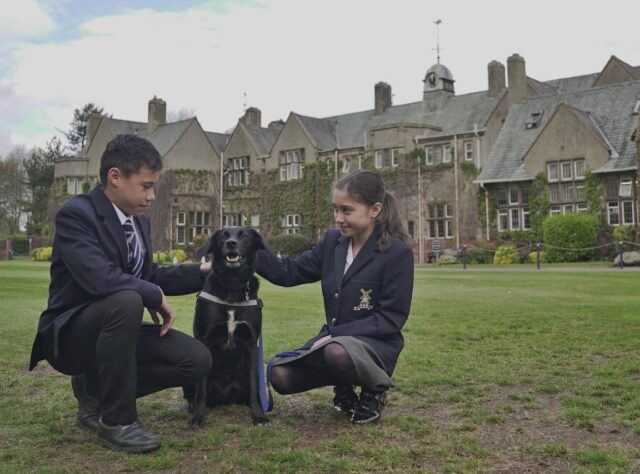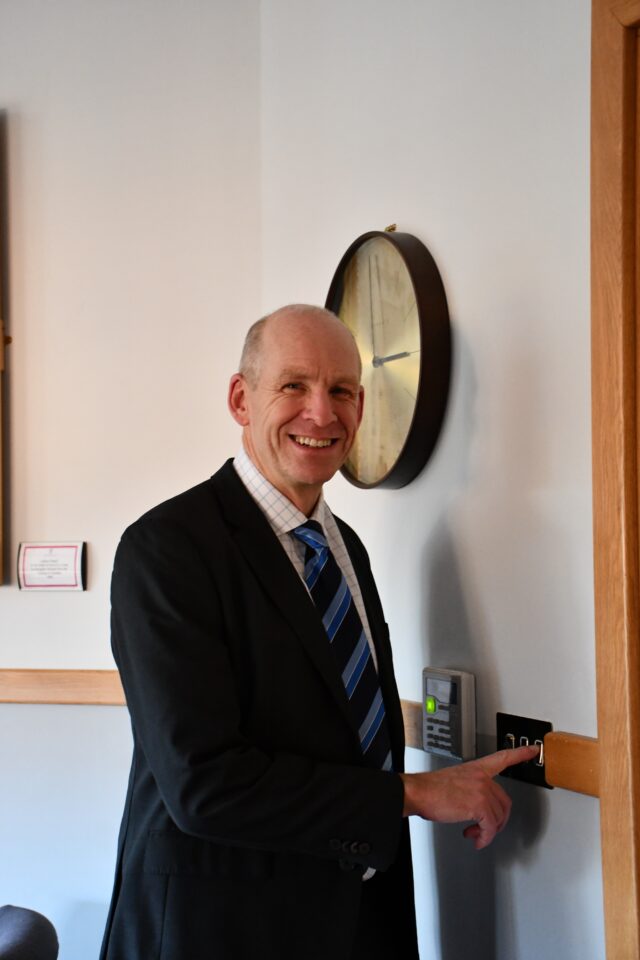Case Study
A whole school response to deliver long-term, real sustainable change
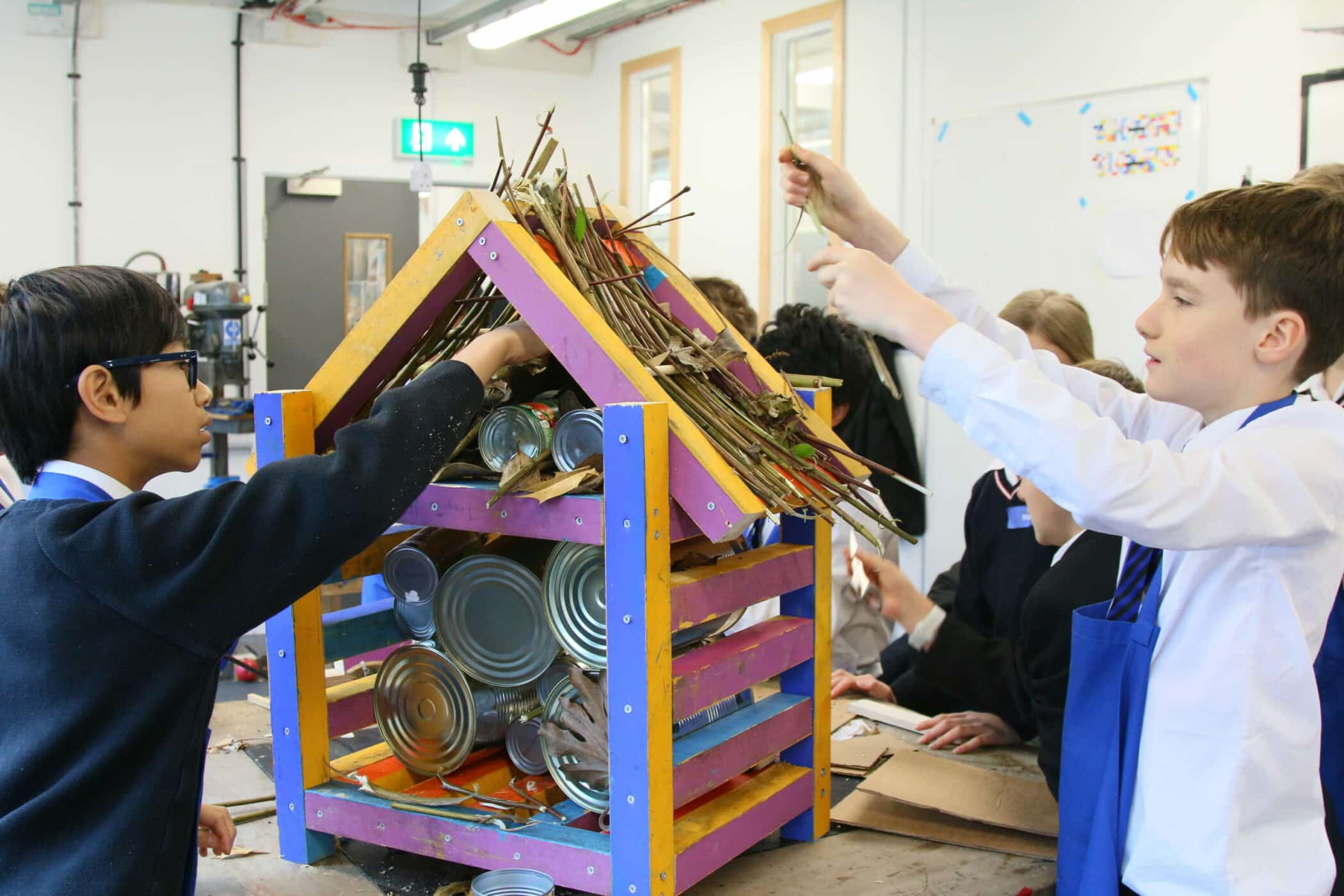
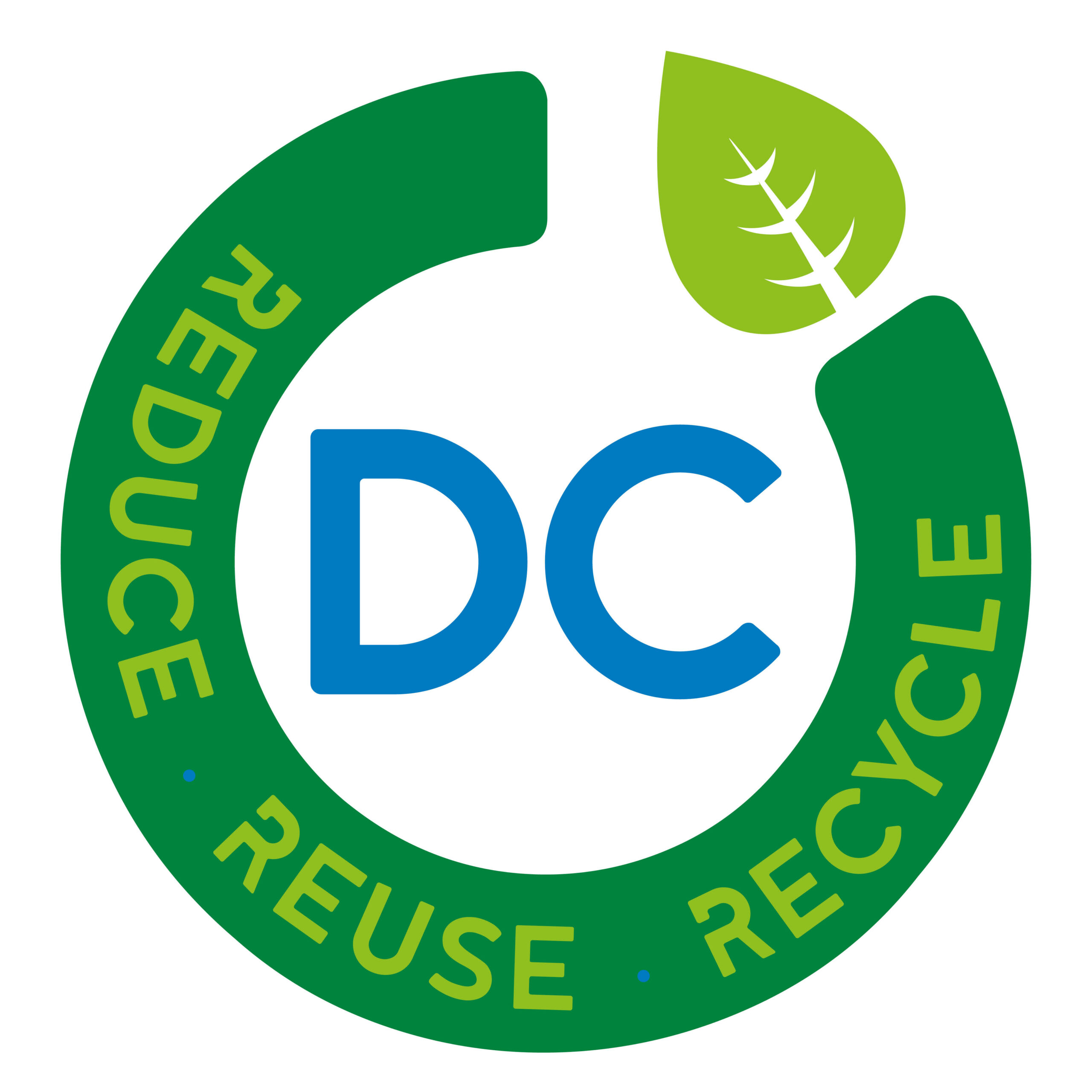
Dulwich College Eco Week Logo
Pupils at Dulwich College are actively concerned about climate change and keen to challenge what we are doing about it as a school: questions about sustainability frequently come up in Year Group meetings with staff. The pupils offer the promise of the future and will be the key deliverers of behaviour change.
Sustainability has been part of our strategic operational planning for the last eight years. We have learnt a great deal, but have also struggled to learn how to be most effective: should we aim for ‘net zero’ or ‘carbon neutrality’? What’s the difference? Who decides? Is offsetting an option and, if so, what’s the right scheme and price? We believe a whole school response must be the progressive application of principles and practices to deliver long-term, real change. We want sustainability to be as embedded and normal as safeguarding. Significant progress has been made and we have plans towards a net zero target, but are under no illusions about the scale of the challenge or time required to reach this goal, particularly for Scope 3 emissions (those indirectly generated, e.g. by our suppliers).
A decarbonisation action plan is in place with detailed actions and targets for every area of College activity. An essential element is accurate and detailed measurement and recording of data, against which targets are monitored, including energy usage, travel and trips, water, waste, and output from renewable sources.
We are about to hold our second annual Eco Week, with lessons, assemblies, external experts, clubs and society talks and co-curricular activities across all age groups, from the Infant School to the Sixth Form. The College’s Sustainability Action Group of pupils and staff works to stimulate engagement and pursue opportunities to be more sustainable and reduce our emissions.
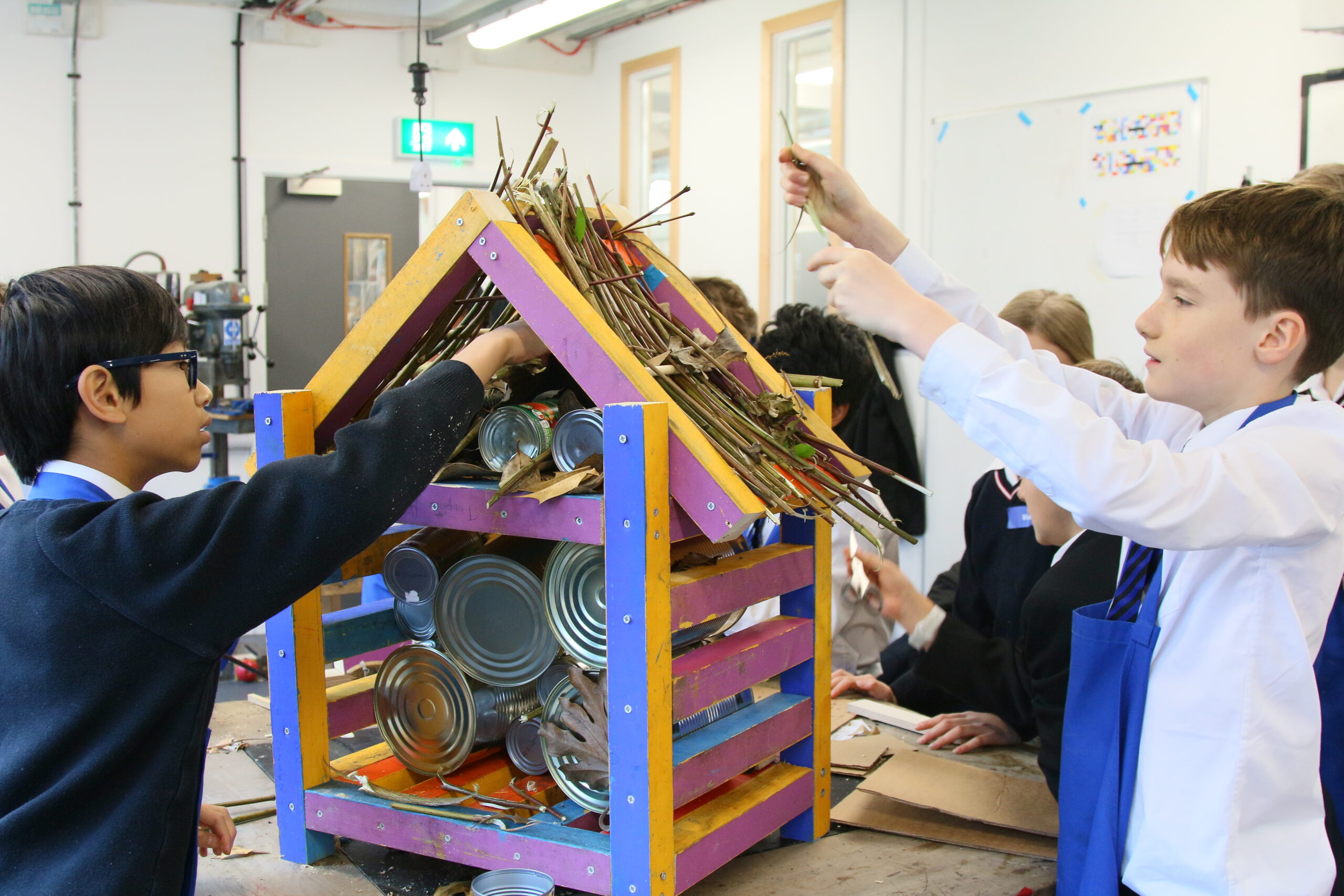
Dulwich College Bug Hotels made with recycled materials increasing biodiversity on campus
We have been taken aback by the volume of food waste that we generate. We recycle as much as possible, but there is much more to do. We are working with pupils to encourage portion control; it’s been harder to educate long-serving kitchen staff who believe in generous portions for “growing lads”. Data capture is essential, and every kilo of waste is recorded, with targets set to improve the percentage we recycle. Printing by staff and pupils is monitored and linked to departments’ budgets to drive accountability for and reduce the financial and carbon costs of copying and paper.
Annual staff and pupil travel surveys are conducted, with engagement in the local community on safe travel initiatives. Some 87% of pupils travel to school by sustainable or low emission transport; nearly 70% of staff travel sustainably. Over 400 cycle racks are in place on the campus, and a replacement programme of service vehicles to full electric is well advanced. The installation of 18 electric vehicle (EV) charging points has been successful in encouraging staff to buy their own EV. We have looked at schemes to provide financial incentives for staff to buy electric but haven’t found a viable model that works for us.
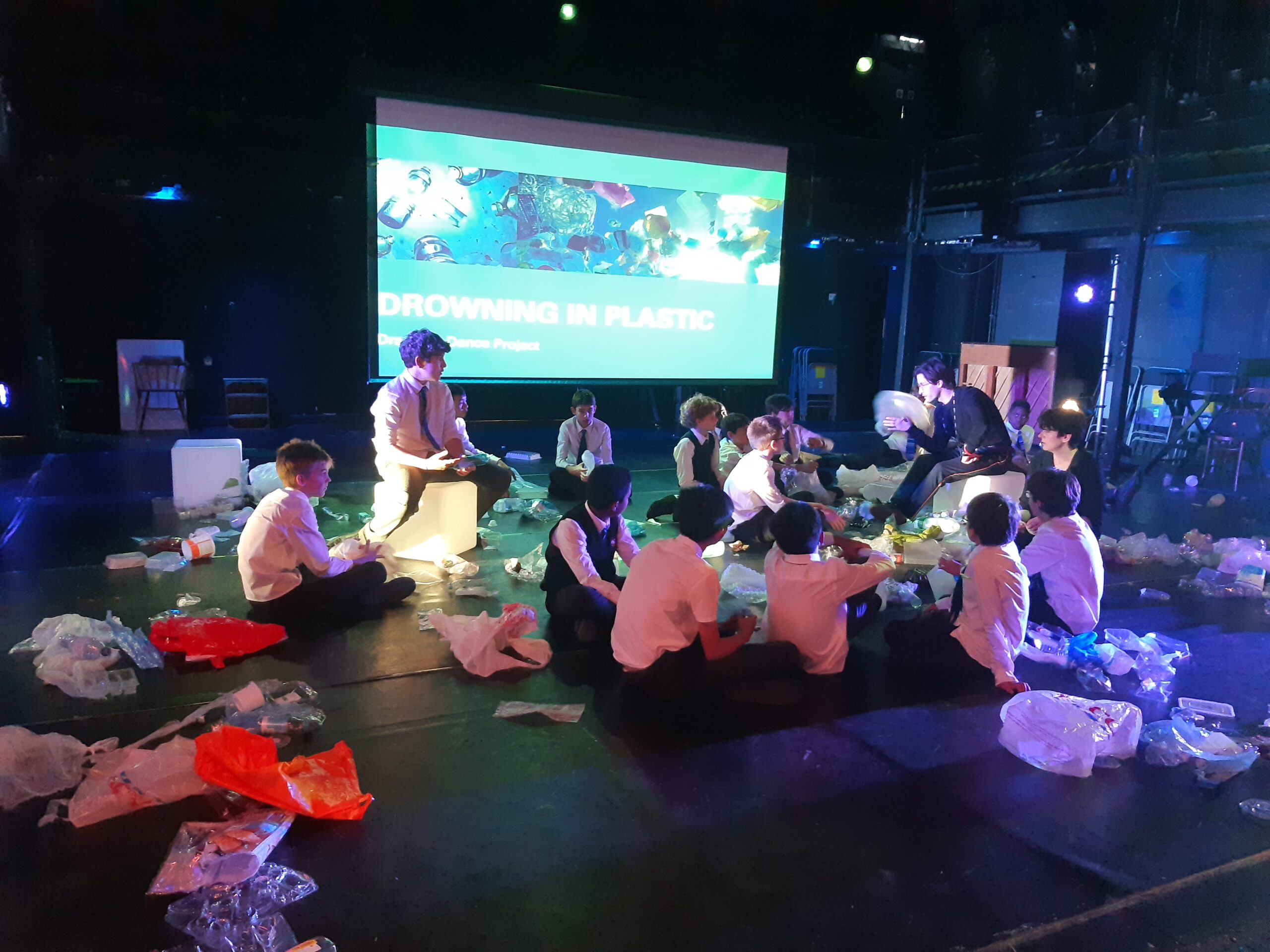
Dulwich College Eco Week workshop ‘Drowning In Plastic’
We have planning permission for a major scheme for ground source heat pumps in boreholes in the playing fields to replace gas heating, but implementation was stymied by Covid and government deadlines for grants; it remains an ambition awaiting investment. We have solar panels on several roofs and are in a partnership with a local community enterprise which uses the profits from solar to address fuel poverty in the local community. Governors have adopted a policy for major new building developments to be certifiably net zero for operational and embodied carbon, accepting the price premium involved. All electricity is certifiably green.
Progress has been made towards increased biodiversity, replacing chemical fertilizers and insecticides with organic and natural solutions. Neatly cut playing fields look smart and are essential for sport but have minimal biodiversity, and we are developing wildlife corridors of uncut grass and wildflowers around the boundaries of the campus. The Junior School has its own Forest School in a reclaimed corner of the campus, and we will shortly take over an unused woodland for a Forest School in the Infant School, which will be available to local primary schools. A major tree-planting programme of climate change resistant species has been delivered over the last five years.
We are many years away from achieving true net zero goal but are committed to an enduring programme of education and effective action with pupils at the heart as the principal agents of behaviour change, growing the future together and delivering real, quantifiable results.
Related articles
-
Blogs
Taking Eco Action -
Case Studies
UCS Green Impact Society Leading The Way -
Case Studies
Sustainability at St Helen’s -
Case Studies
Protest has turned to action at Putney High School -
Case Studies
Changing the environment - A school in transition
